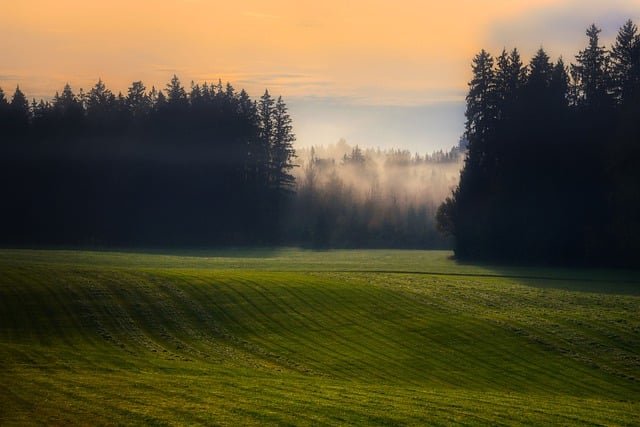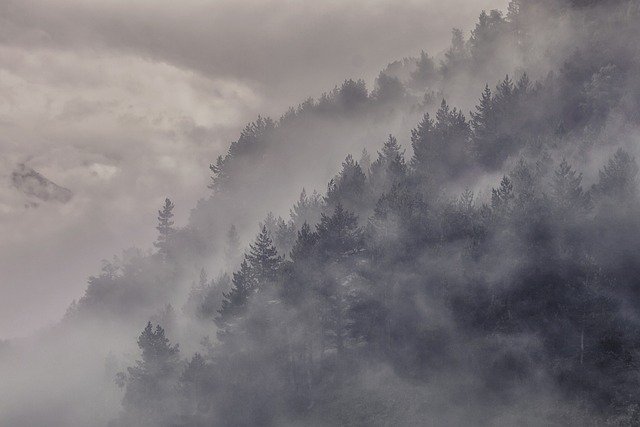
The Unsung Heroes of the Animal Kingdom
In the vast tapestry of life on Earth, certain animals capture our attention with their grandeur, beauty, or ferocity. However, there exists a multitude of lesser-known creatures that play vital roles in maintaining the balance of ecosystems. These unsung heroes may not be the stars of nature documentaries, but their contributions are invaluable. Let’s explore some of these remarkable animals and the essential roles they play.
1. Decomposers: The Clean-Up Crew
Examples: Earthworms, Fungi, and Bacteria
Decomposers are nature’s recyclers. They break down dead organic matter, returning vital nutrients to the soil. Without them, ecosystems would be overwhelmed with waste, and nutrient cycling would grind to a halt. Earthworms aerate the soil, while fungi form symbiotic relationships with plants, enhancing nutrient uptake.
2. Pollinators: The Silent Gardeners
Examples: Bees, Bats, and Butterflies
Pollinators are crucial for the reproduction of many plants, including those that produce the fruits and vegetables we consume. While honeybees often steal the spotlight, other pollinators like bats and butterflies are equally essential. They facilitate the growth of diverse ecosystems and support food chains, making them vital for biodiversity.
3. Keystone Species: The Ecosystem Engineers
Examples: Sea Otters, Wolves, and Elephants
Keystone species have a disproportionately large impact on their environment relative to their abundance. For instance, sea otters help maintain kelp forest ecosystems by controlling sea urchin populations. Wolves regulate herbivore populations, which in turn affects plant communities. Elephants create waterholes and clear paths through dense vegetation, benefiting countless other species.
4. Scavengers: Nature's Clean-Up Crew
Examples: Vultures, Hyenas, and Crabs
Scavengers play a critical role in the ecosystem by consuming dead animals and organic waste. This not only prevents the spread of disease but also recycles nutrients back into the environment. Vultures, often misunderstood, are incredibly efficient at cleaning up carcasses, while hyenas are skilled at both scavenging and hunting.
5. Small Mammals: The Forgotten Foragers
Examples: Shrews, Mice, and Voles
Small mammals may seem insignificant, but they are crucial for seed dispersal and soil aeration. They serve as prey for larger predators, thus supporting the food web. Their burrowing activities help to improve soil structure and fertility, promoting healthy plant growth.
Conclusion
The animal kingdom is a complex web of interdependent relationships, and every species has its role to play. While the spotlight often shines on the more charismatic megafauna, it’s essential to recognize and appreciate these unsung heroes. By understanding their contributions, we can foster a deeper respect for nature and the intricate balance that sustains life on our planet.
Call to Action
Next time you’re in nature, take a moment to appreciate the smaller creatures that often go unnoticed. Whether it’s the industrious earthworm or the diligent bee, remember that every animal plays a part in the grand symphony of life. Let’s work together to protect their habitats and ensure their survival for generations to come.
Feel free to share your thoughts on these unsung heroes or any other creatures you believe deserve recognition in the comments below! 🌍🐾

All images are taken from the Pixabay.com